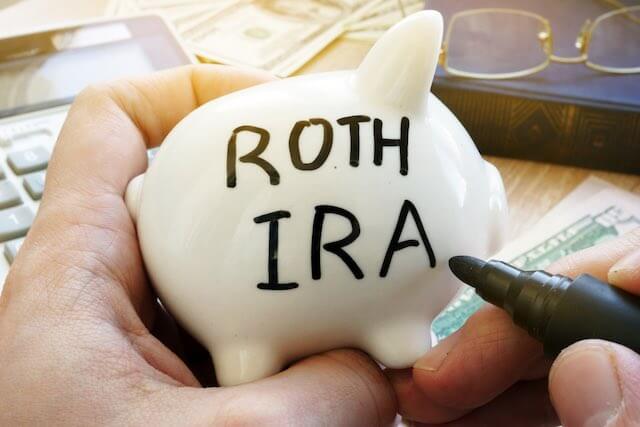Dad_2024
DS - USAFA c/o 2025
- Joined
- Jan 13, 2020
- Messages
- 849
Ramsey's baby steps are easy to understand and meant to be implemented in order. It helps people build financial discipline, especially when they've already found themselves anchored by debt. Most people who call in to his show or read his books, or attend a Financial Peace Univ series have already gone through a self-assessment of sorts, they've come to the realization that continuing to dig isn't helping them get out of the hole.
Money is an emotionally sensitive topic for many. There is life-changing value in being prepared to understand and develop a healthy mindset and attitude toward it. The borrower is ALWAYS a slave to the lender, it works by design in the lender's favor and to the borrower's detriment. When people are young it's easy to make dumb decisions, then end up paying a "stupid tax" on them.
For the youngsters heading into SAs or ROTC grads commissioning with little to no college debt, the siren song to pickup a 600-700 monthly payment for a sweet ride will ring loudly. Save $200 a month the first couple of years, buy a reasonably reliable used car for around 4-5k, keep putting that $200 a month in the bank, in 3-4 yrs, buy a better/nicer car. Create a plan for how to spend money. Those dollars are going to get spent or used in some fashion, much better to decide in advance where and how to spend them. Save money for the big purchases, start saving early (NOW!) for retirement and when you're 45 or so, you'll be able to see how making good early decisions and exercising some discipline pays off. Oh, if I could only go back in time and do it over again!
Money is an emotionally sensitive topic for many. There is life-changing value in being prepared to understand and develop a healthy mindset and attitude toward it. The borrower is ALWAYS a slave to the lender, it works by design in the lender's favor and to the borrower's detriment. When people are young it's easy to make dumb decisions, then end up paying a "stupid tax" on them.
For the youngsters heading into SAs or ROTC grads commissioning with little to no college debt, the siren song to pickup a 600-700 monthly payment for a sweet ride will ring loudly. Save $200 a month the first couple of years, buy a reasonably reliable used car for around 4-5k, keep putting that $200 a month in the bank, in 3-4 yrs, buy a better/nicer car. Create a plan for how to spend money. Those dollars are going to get spent or used in some fashion, much better to decide in advance where and how to spend them. Save money for the big purchases, start saving early (NOW!) for retirement and when you're 45 or so, you'll be able to see how making good early decisions and exercising some discipline pays off. Oh, if I could only go back in time and do it over again!
Last edited:


